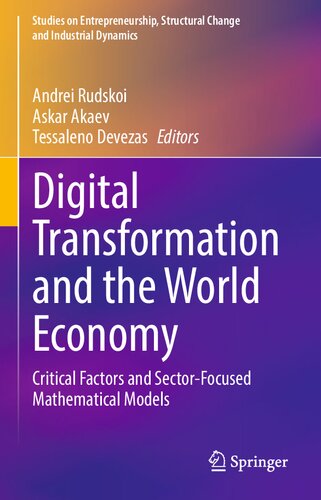

Most ebook files are in PDF format, so you can easily read them using various software such as Foxit Reader or directly on the Google Chrome browser.
Some ebook files are released by publishers in other formats such as .awz, .mobi, .epub, .fb2, etc. You may need to install specific software to read these formats on mobile/PC, such as Calibre.
Please read the tutorial at this link: https://ebookbell.com/faq
We offer FREE conversion to the popular formats you request; however, this may take some time. Therefore, right after payment, please email us, and we will try to provide the service as quickly as possible.
For some exceptional file formats or broken links (if any), please refrain from opening any disputes. Instead, email us first, and we will try to assist within a maximum of 6 hours.
EbookBell Team

0.0
0 reviewsNanotechnology, biotechnology, information technology, and cognitive sciences are contributing to the emergence of intelligent computers and robots with elements of artificial intelligence and intelligent machines. This book postulates that these developments are accelerating the technological substitution of jobs and the shift in labor demand towards high qualification levels, putting the jobs of lower-skilled labor at risk. The digital economy is poised to increase the demand for highly qualified specialists in STEM fields (scientific research, innovative technologies, engineering, and mathematics serving digital technologies). In addition, highly skilled robotics engineers, AI and machine learning specialists, and virtual and augmented reality architects will be required.
This book, using sector-focused mathematical models, explores how the demand for specialized human capital will play a decisive role in increasing the efficiency and productivity of labor in the digital economy. Success is guaranteed to those entrepreneurs who manage to establish a successful process of interaction with intelligent machines, which will require a deep restructuring of the training system for the digital economy.